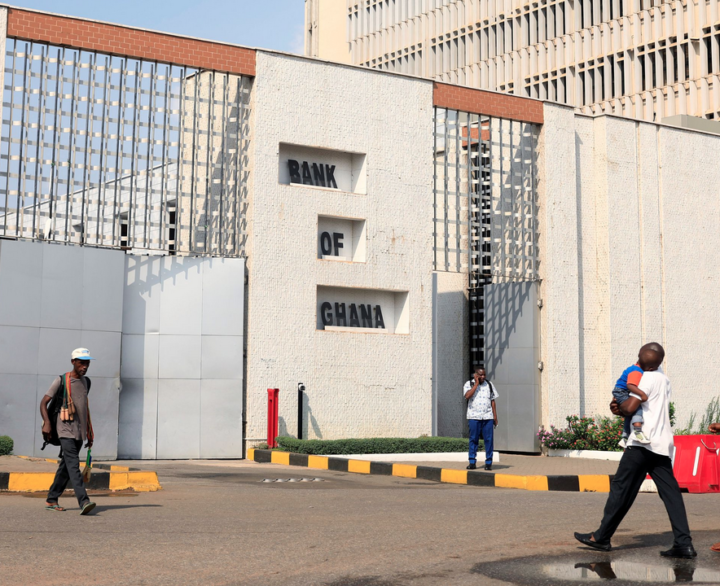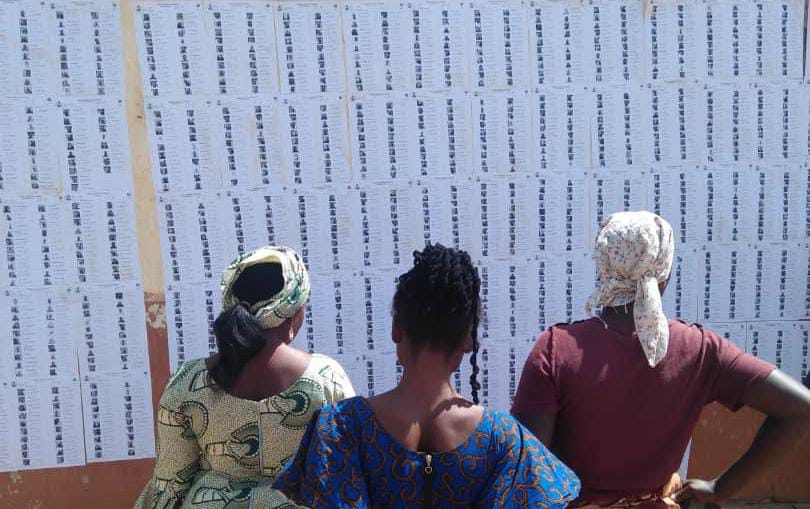Photo: Reuters
The Bank of Ghana says it will no longer provide foreign currency (FX) support for importers of “non-critical goods”.
The goods include rice, poultry, vegetable oils, toothpicks, pasta, fruit juice, bottled water and ceramic tiles.
The central bank said the forex restriction is in accordance with the directive issued by Nana Akufo Addo, Ghana’s president, during his recent address to the nation on October 30.
An electronic message from the Bank of Ghana to the banks in the country reads, “In accordance with the president’s directive issued at his recent address to the nation on the Ghanaian economy, on Sunday 30th October 2022, the Bank of Ghana will no longer provide FX support for the imports of rice, poultry, vegetable oils, toothpicks, pasta, fruit juice, bottled water, ceramic tiles and other non-critical goods.
Advertisement
“Please be advised and act accordingly”.
Gabby Otchere-Darko, a lawyer and key adviser for the governing New Patriotic Party, also confirmed this in a tweet on Thursday.
In line with the President's directive issued at his recent "Fellow Ghanaians", BoG says from today it "will no longer provide fx support for the imports of rice, poultry, vegetable oil, tooth picks, pasta, fruit juice, bottled water, ceramic tiles and other non-critical goods."
Advertisement— Gabby Otchere-Darko (@GabbyDarko) November 17, 2022
The cedi, Ghana’s currency, has faced intense pressure against major foreign currencies, especially the US dollar.
Last month, the Ghanaian cedi became the worst-performing currency in the world after it lost 45.1 percent of its value to the US dollar.
Advertisement
In 2015, the Central Bank of Nigeria (CBN) excluded importers of 41 items from accessing foreign exchange at the official window to encourage local production of the items and conserve Nigeria’s forex reserves.
It added fertiliser to the list, and later textile and dairy products to the list of items not eligible for forex — but exempted six companies from the dairy products restriction.
Add a comment






